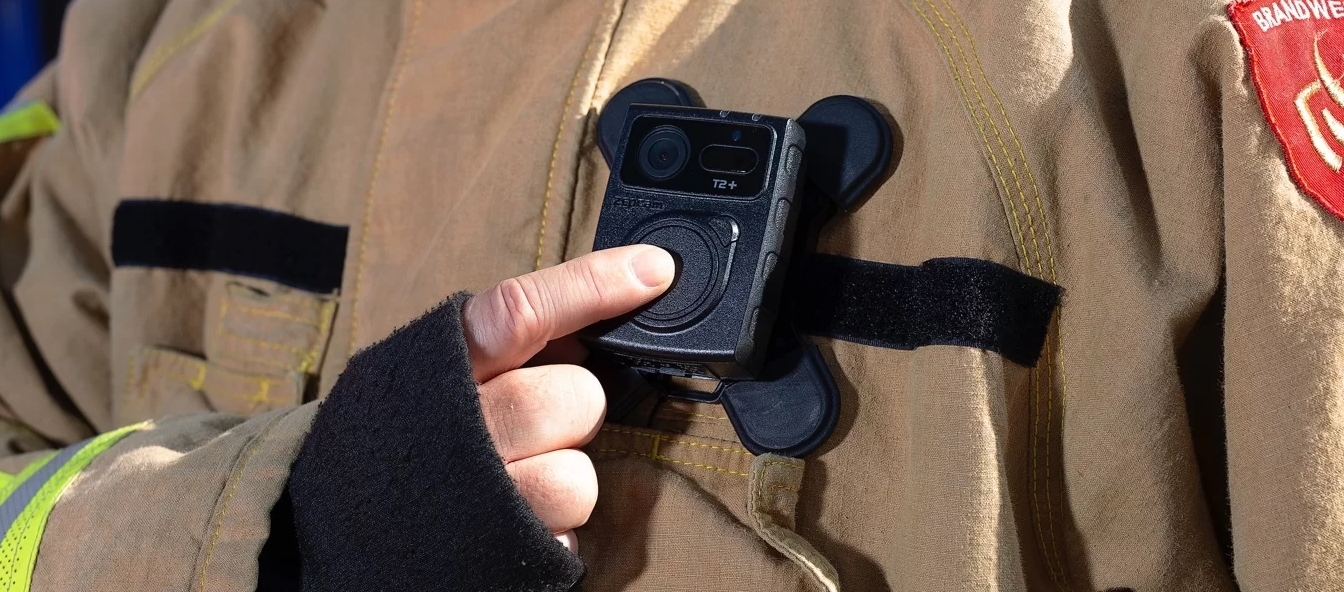As a firefighter in Clayton County, I find myself on the fence about the widespread adoption of body cameras in the Fire and EMS service. The recent decision by the Henry County Fire Rescue Department to equip its personnel with body cameras has sparked a crucial debate within the firefighting community. While the initiative aims to enhance transparency and accountability, concerns about privacy and data security loom large.
Check News Article Below Regarding Henry County Fire and Body Cams
https://www.wsbtv.com/news/local/henry-county/henry-county-fire-rescue-implementing-body-cameras-into-life-saving-process/SZEPLDFQB5GKJHGESQ4DMPPKE4/
The Pros: Enhancing Transparency and Accountability
The move towards integrating body cameras into firefighting operations comes with several advantages. The Henry County Fire Rescue Department emphasizes that the implementation of body worn cameras is intended to improve response times and ensure the safety of both patients and providers. As a firefighter, I acknowledge the importance of accountability in our profession, and body cameras can serve as a valuable tool in achieving this goal.
The body camera footage, according to the department, is reserved for authorized personnel exclusively, enabling after action reviews for future response improvements. This not only enhances training protocols but also fosters a culture of continuous improvement within the department. As someone committed to providing safe and professional services, I appreciate the potential for body cameras to create a more transparent and accountable environment.
The Cons: Balancing Privacy Concerns and Data Security
While the intentions behind implementing body cameras are commendable, concerns about privacy and data security cannot be overlooked. The use of HIPAA compliant software by the Henry County Fire Rescue Department is a positive step in protecting sensitive information. However, the ever growing threat of hackers accessing such data raises valid apprehensions.
In an era where data breaches are becoming increasingly sophisticated, the idea of recorded videos being locked away might not be foolproof. As a firefighter, I share the concern that citizens’ privacy must be safeguarded, and robust measures need to be in place to counter potential cyber threats. Striking the right balance between accountability and privacy is a challenge that requires careful consideration.
A Personal Dilemma: Navigating the Gray Area
As someone working on the front lines, my personal dilemma reflects the broader debate within the firefighting community. I recognize the need for enhanced accountability, but I also empathize with the concerns about privacy. It’s a delicate balance, and the implementation of body cameras should be accompanied by stringent safeguards against unauthorized access and potential misuse.
The Henry County Fire Rescue Department’s commitment to complying with all HIPAA rules and regulations is reassuring, but the evolving landscape of cybersecurity requires constant vigilance. As a firefighter, I urge the industry to explore innovative solutions that not only enhance accountability but also fortify the protection of citizens’ privacy.
Conclusion: Striving for a Secure and Accountable Future
In conclusion, the introduction of body cameras in the Fire and EMS service holds promise for increased transparency and accountability. However, the concerns surrounding privacy and data security must be addressed comprehensively. As a firefighter in Clayton County, I believe that finding the right balance requires ongoing collaboration, innovation, and a commitment to evolving with the ever changing landscape of technology.

